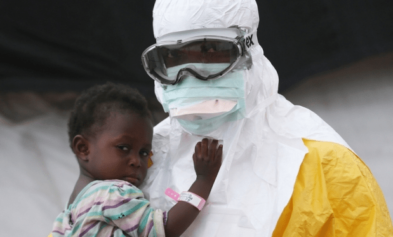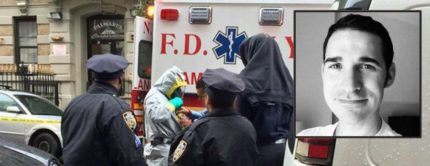Ebola continues to wreak havoc in West Africa as officials have confirmed that it has spread to Senegal, with a death toll that has now exceeded 1,500 people.
The infected patient was a university student from Guinea who went to a hospital in Dakar, Senegal’s capital, for treatment. He had previously been identified as stricken with Ebola while in Guinea, but authorities lost track of him for three weeks until he showed up in Senegal.
He was immediately quarantined and a test confirmed that he has Ebola. It’s not clear when he arrived in Senegal and what contact he had with others.
Guinea is where the outbreak actually began last year. More than 3,000 people have contracted the disease since then, with more than half dying. Ebola in Senegal is even more of a worry for health officials because it is considered the tourist and transportation hub in the region.
Meanwhile, Peter Piot, the doctor who discovered Ebola in the 1970s, said this current outbreak is “absolutely unexpected and unprecedented.”
“We have here a situation where Ebola finds an enormously fertile ground in very poor countries with very dysfunctional health systems,” he told NPR. “A country like Liberia, in 2010 only 51 doctors for the whole country.”
“I hope that this is the last epidemic where all we have [as treatment] is isolation of patients and quarantines and some supportive care, and we don’t have stockpiles of vaccines and therapies.”
On Friday, the Liberian physician’s assistant and a Congolese doctor who received the ZMapp drug in Liberia were expected to be released from the hospital, showing the power of the new drug. But the California-based company that makes ZMapp has said its supplies are exhausted, and it will take months for the company to make more.


